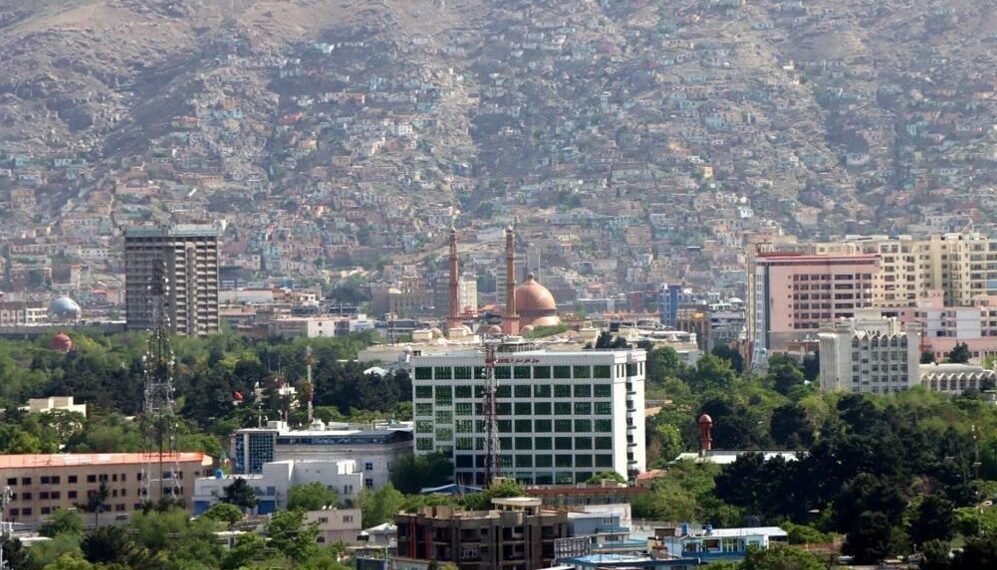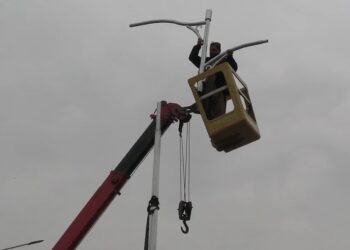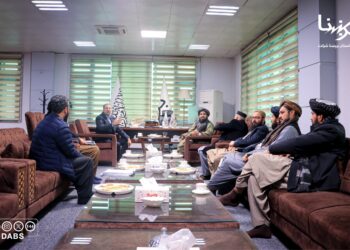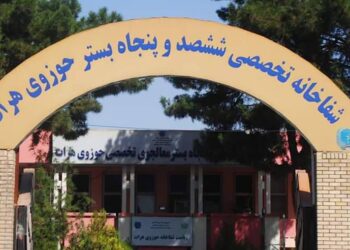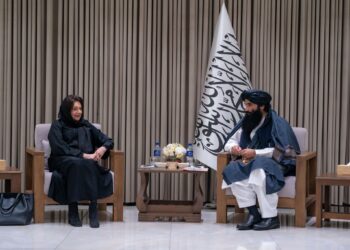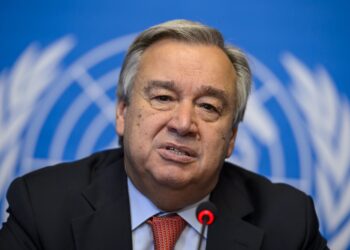A number of political analysts believed that initially the expectations were that the IE will be recognized by the international community and will adjust its affairs according to the current developed world.
They said that everything is going the opposite way, Afghanistan still does not have official diplomatic relations with the world and affairs are managed by the Interim Government.
University Professor Faiz Mohammad Zaland said that in order to augment ties with the world, existing issues should be identified and Afghan solutions should be found for them.
Zaland added: “Unfortunately, the political situation of Afghanistan is in conflict with the world and the government is also getting distance from the nation. In general, Afghanistan’s issues are getting deeper and deeper, poverty and hunger are increasing, and the existence of caretaker government is itself a problem. The reluctance to create a constitution is another problem. We need to identify the problems of Afghanistan and find an Afghan solution to them. In order to interact with the world we must trust the Afghan nation that has made every sacrifice with us.”
Analysts deemed that from the political point of view Afghanistan has not reached the goals that the people were expecting.
They uttered that there is no in progress promotion in the strengthening of relations and so far the connecting point between Afghanistan, the region and the world has not been diagnosed.
“Politically, Afghanistan has not reached the goals that the nation wanted and should have reached. Worldly, only Afghanistan’s humanitarian catastrophe and growing concerns of terrorism are discussed. However, Afghanistan has its own answer in the combat terrorism, but there is no clear progress in ties with the world, which has its own external and domestic factors. And so far, the point has not been found, which can connect Afghanistan, region, and the world.” Political commentator Qarib Rahman Shahab commentated
In the about two years of IE’s rule in Afghanistan, many countries and international organizations reopened their embassies in Kabul, and the embassies of Afghanistan in many countries were handed over to the IE.
But political analyst Syed Bilal Fatemi said that diplomatic relations at the level of councils are second level or informal relations and cannot solve problems in the way that is needed.
Fatemi added: “The countries that have diplomatic relations with Afghanistan and have embassies at the council level, these are the second level or unofficial diplomatic ties. The reason why Afghanistan is not recognized is because of domestic issues, like not existence of positive policies and the world wants to change these policies so that they can interact with Afghanistan.”
In addition to the United Nations, the European Union and the Organization of Islamic Cooperation are the international organizations that have active representative offices in Afghanistan. Moreover, many neighboring and regional countries, along with China and Russia, have active embassies and diplomats in Kabul and carry out their affairs normally.

